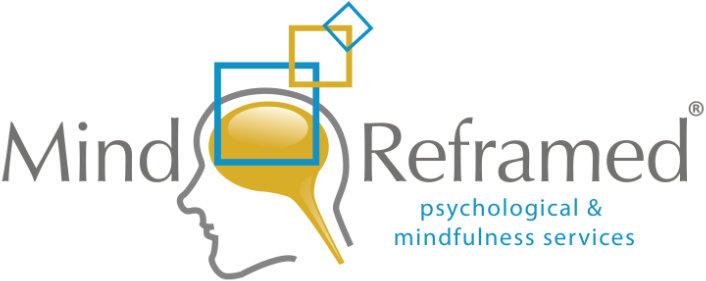As part of our holistic service we offer you an opportunity to consult with a psychiatrist affiliated to our team. They will be able to provide or review your diagnosis, recommend a treatment plan and psychiatric medications if you have been prescribed any (i.e. all drugs that are prescribed to treat different types of mental health problems, or to reduce their symptoms, whether these relate to insomnia, anxiety, mood disorders, psychosis, or other problems).
Who is a psychiatrist?
A psychiatrist is a medically-qualified practitioner who will have spent 5-6 years training to be a doctor. He or she will then have worked as a doctor in general medicine and surgery for at least a year prior to undertaking further training in helping people with psychological problems, including assessment of psychiatric conditions.
What are a psychiatrist’s special skills?
Psychiatrists are trained to:
- assess a person’s state of mind
- use the “biopsychosocial” model of understanding. This emphasises the importance of a person’s past experiences, family, culture, surroundings and
- work as well as any medical features
- diagnose a mental illness
- use a range of psychological treatments
- recommend a range of medications
- support a person’s recovery
As well as these ‘core’ skills, a psychiatrist will specialise and develop skills in working with the particular problems that affect different groups of people.
What is medication review?
Psychiatric medication doesn’t work the same for everyone and if medication is part of your treatment, it is important to find a medication that works for you. Medication can at times lead to side-effects such as weight gain, drowsiness, sexual problems, movement problems or problems sleeping, and a review may be an opportunity to discuss these prior to altering your current medications or starting a new one, or to explore alternative doses or alternative medication if you are experiencing side-effects with your current medication.
What to expect from a medication review?
Before starting a new medication, you should be able to understand what the drug is and why you’ve been offered it; what treatments are available whether as alternatives or to be used in conjunction (such as specifics talking therapies, exercise, particular activities); what the possible benefits and risks are (including if there is a risk that you could become dependent on it); what the possible side-effects are; how, when, and how much you should take, and how long you are expected to take this for; how to store it safely; and how to stop taking it safely to prevent discontinuation symptoms.
How to prepare myself?
If you are attending a review with a psychiatrist, it would be handy to have a pre-prepared list of medications that you have used in the past, together with dates, doses, and experienced effects and side-effects. It is also important to tell the psychiatrist if you are taking any other medication, including non-prescription medicines, if you have any other health problems, if you are pregnant or breastfeeding or planning for a pregnancy.




